In the southwest corner of Georgia, about 6 hours drive from Tbilisi, is the resort and port city of Batumi. It is the largest city and capital of Adjara, an autonomous republic within Georgia. On its final approach to Batumi, our minibus followed the beautiful coastal road south along the Black Sea. Steeply sloping hills covered with lush vegetation rise all along the coast and making for some stunning scenery enroute.
Batumi developed in the 19th century as the western terminus of the railway from Baku (which at the time carried a fifth of the world's oil production). A pipeline and refinery was then built by Ludwig Nobel (brother of the more famous Alfred) making it even more prosperous. It developed into a fashionable resort in the southern tip of the Russian empire. That changed during Soviet times when Adjara became a no-go zone due to its proximity to the Turkish border and consequently Batumi languished. But since Georgian independence and reopening of the borders, it is now an important entry into the Caucasus region.
As we passed alongside the harbor, we could see large ships and huge cranes looming above the city. Being both a frontier-town and a port city, the city seems to have some rough spots, especially close to the harbor. Every single store here also doubles up as currency exchange center and pawnshop!
Just a little away from the busy harbor, you see why the city is a popular holiday destination. While the beach here is pebbly, the semi-tropical climate and warm waters makes it possible to swim here even in November! A mile long park fronts the main beach. A well maintained promenade lined with palm trees, bicycle paths and shaded trails frequently punctuated by cafes and beach bars makes it inviting to residents and visitors alike. The promenade is illuminated at night and hotels and other large buildings in the area are bathed in colorful lights.
Another aspect of its attraction is the opportunity to gamble. The city is being activity developed to be the Las Vegas of the Black Sea. There are a large number of casinos catering both to vacationers and serious gamblers coming across the border from Turkey where gambling is illegal. Based on recent statistics, more than half of the weekend visitors to Batumi are Turks crossing the border specifically to visit the casinos. That might partly explain the large number of pawnshops we saw in the city.
During the day, the main central square, Evropas moedani, and the area surrounding it is the hub of activity. It is a large open space with a fountain and surrounded by attractive buildings. Towering over the square is the striking monument to Medea which is also the symbol of the city.
Among the town's other attractions are its vast botanical garden and a Nobel museum, neither of which we visited. We were content to walk around the streets and take in the atmosphere of this holiday town. As we explored for a few hours we could see a concerted effort to spruce it up. A number of roads are being repaved. Some dilapidated looking Russian-era buildings are being torn up and replaced with grand looking ones. Strategic placement of street art and sculpture adds to its charm. This is a city that is taking tourism seriously.
For us, Batumi is where we bid goodbye to the Caucasus. After spending over three very interesting weeks in Azerbaijan, Georgia and Armenia, we head to a region that is different both geographically and culturally. In fact we will be entering the first non-ex-Soviet controlled country since we resumed our travels in September. Whatever little Russian we have picked up in the past couple of months is going to be absolutely no use from now on. It is time to pick up a new language. Onward to Turkey!
Google Maps Link
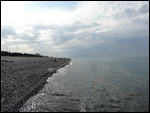
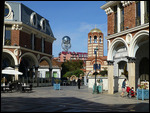
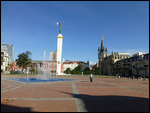
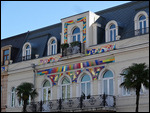
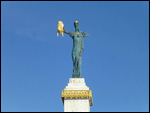
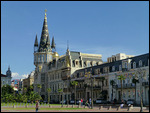
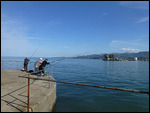
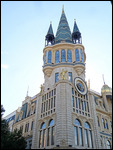
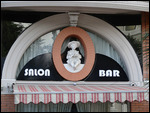
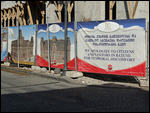
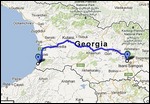
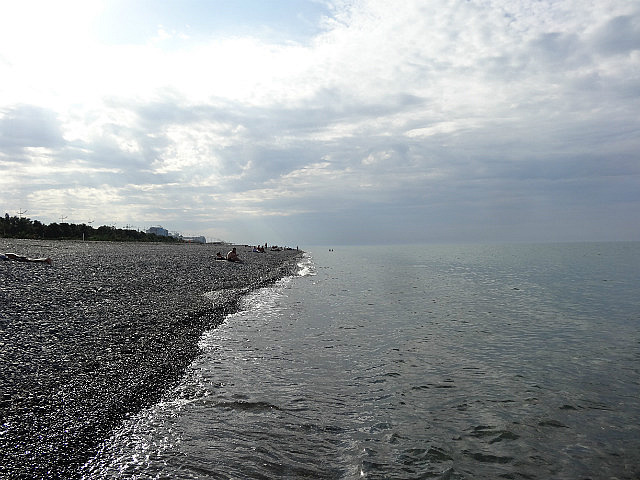

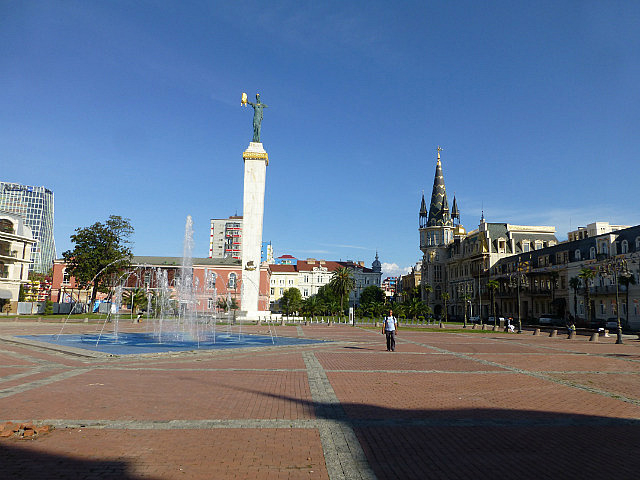
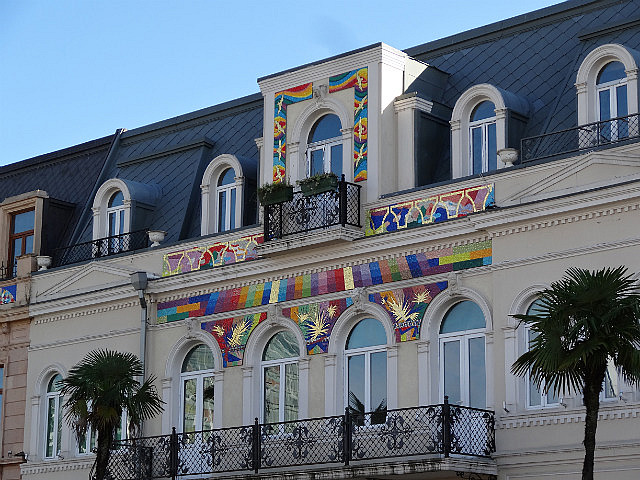
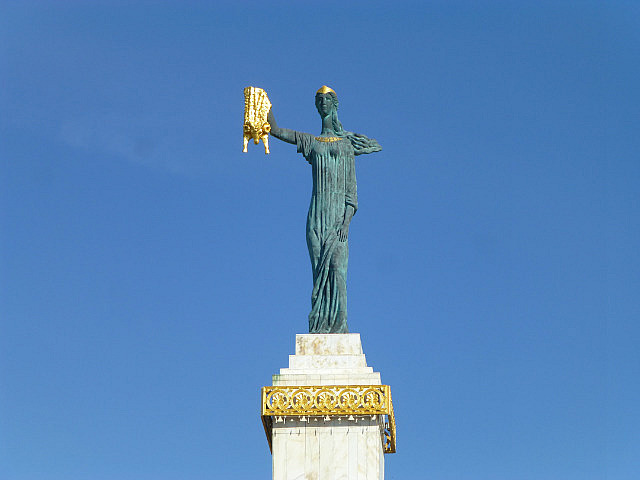
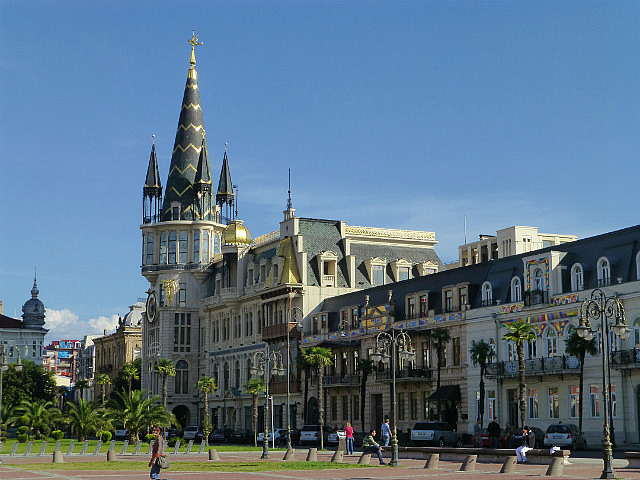
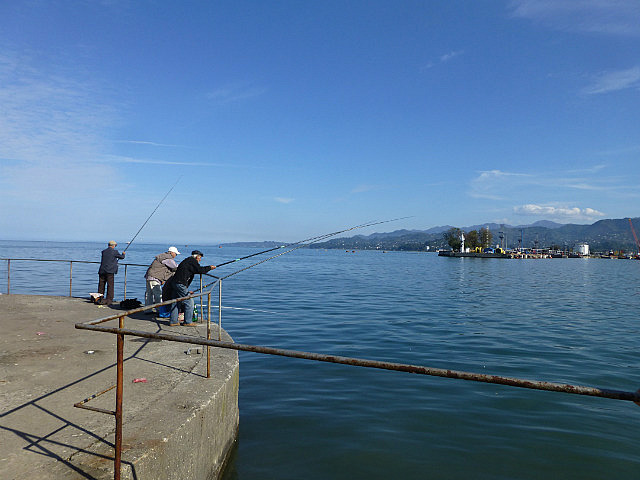
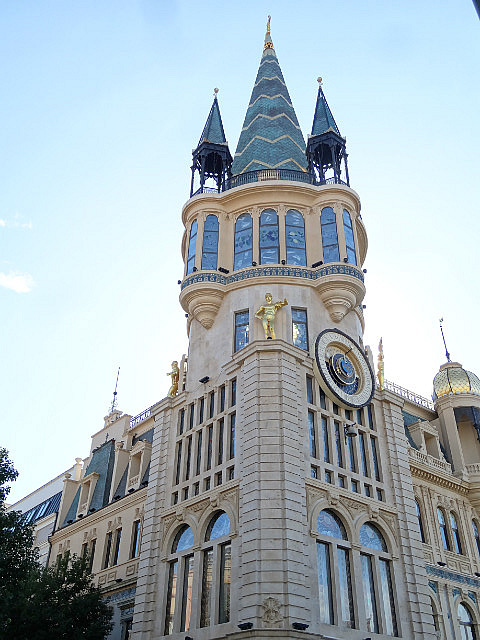
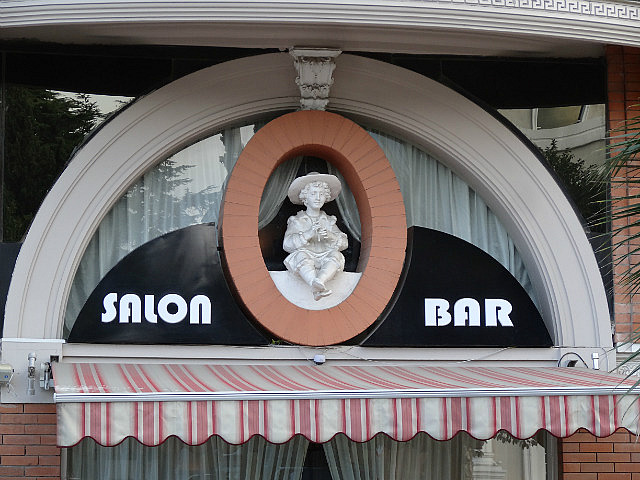
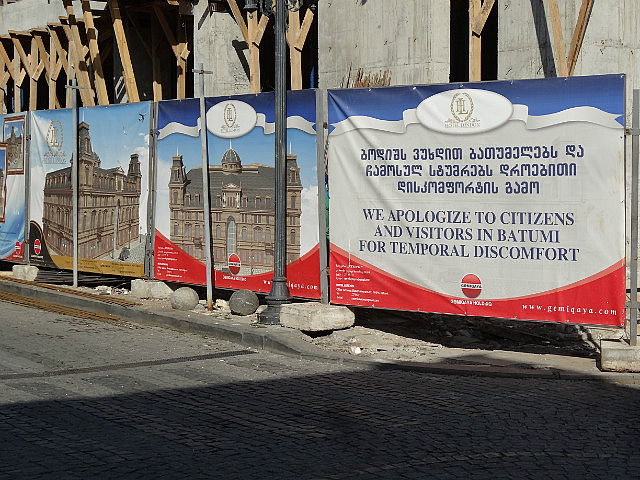
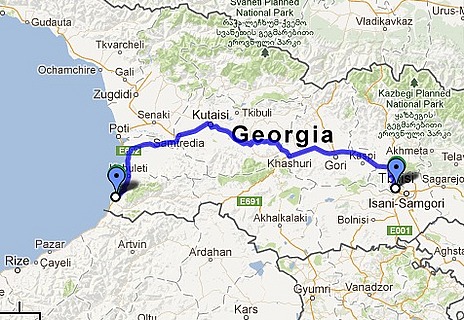
Comments